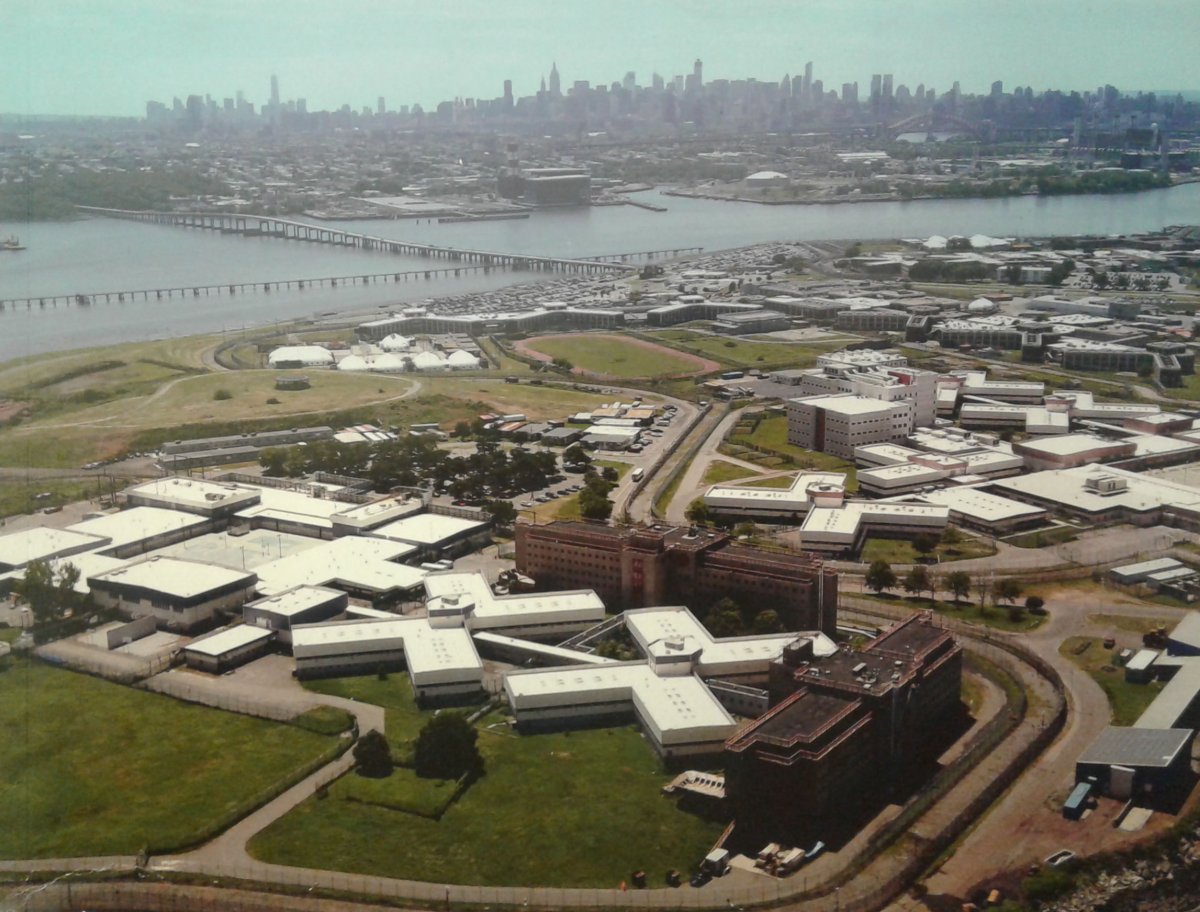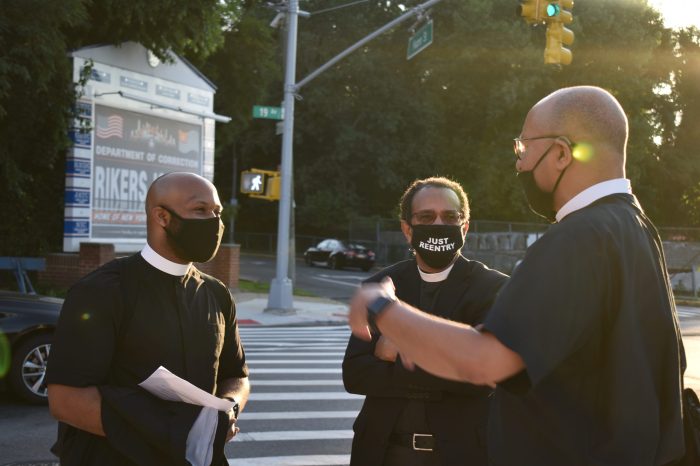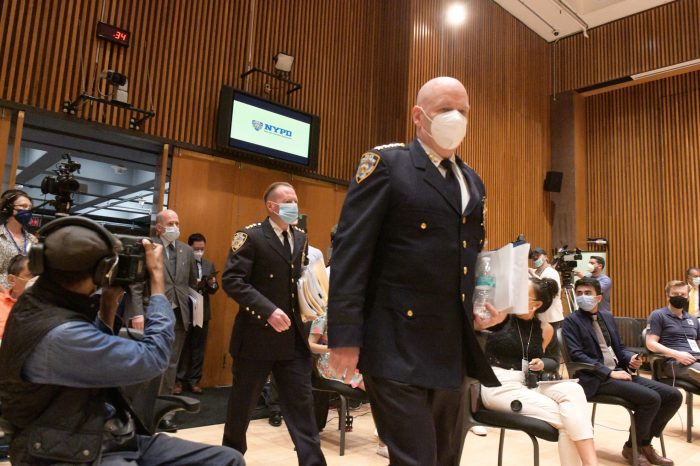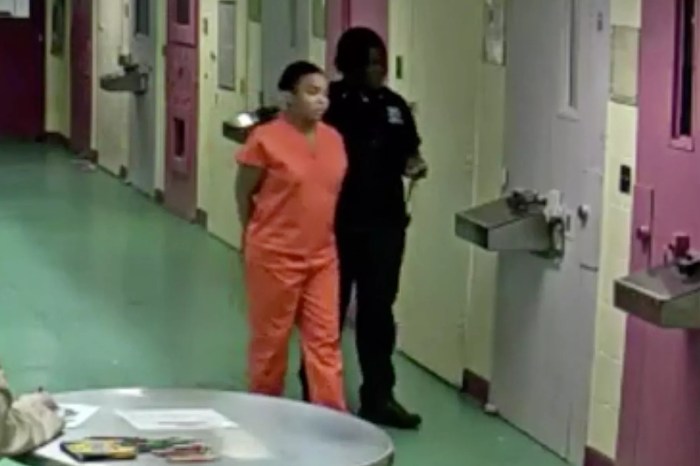As election day approaches, New York City mayoral candidates are making it clear where they stand on several key issues. From transportation to climate change to the economy, candidates are letting New Yorkers know exactly how they plan to bring tangible change to one of the most diverse cities in the country. However, there is one issue that candidates haven’t adequately addressed — and that’s the closing of Rikers Island.
In 2019, following years of advocacy, the City Council finally approved a sweeping and historic plan to overhaul New York City’s correctional system, including closing Rikers by 2026. If that deadline is to be met, the City’s new Mayor has substantial work to do – and voters deserve to know precisely what candidates have in mind.
Rikers Island is New York City’s primary jail complex and biggest nightmare. Intentionally built in a remote location far from the rest of the city, Rikers is notorious for its inhumane conditions. People incarcerated there are subjected to solitary confinement, violence and sexual assault, insufficient temperature control, flooding, unhealthy food, and more recently, the unbridled spread of coronavirus inside the jail due to a willful lack of preventive or protective efforts by officials.
While NYC mayoral candidates agree that Rikers embodies multiple human rights violations and must be closed, there is still a major gulf between what actually needs to be done and what candidates have committed to doing.
Let’s be very clear: the problem of Rikers is getting worse. Conditions are still violent and unsafe while the number of New Yorkers jailed there only increases.
There’s no way around it – the next Mayor will inherit this stain on New York City. And right now, most of the candidates have failed to demonstrate that they grasp the magnitude of this issue or the mountain of tasks that require urgent attention to successfully close it down. Sentencing reform, expanding alternatives to incarceration, enhancing supportive services for individuals reentering the community (including coordinated transitional health care), treating, not criminalizing, mental illness and substance use disorders, and eliminating barriers to stable jobs, housing, and other life essentials that previously incarcerated New Yorkers face – and which ultimately increase recidivism rates – are ALL prerequisites to the closure of Rikers and reducing the City’s jailed population.
While Maya Wiley supports the closure of Rikers, and many of the above-mentioned measures, there are some glaring omissions in her plan, including shifting away from the criminalization of substance use disorder and ensuring all New Yorkers can access the treatment they need to get and stay well – in their communities. She wants to remove mental health crisis management from the NYPD, but ironically hasn’t said the same for substance use disorders. She’s said, “Rikers is the biggest psychiatric facility in New York City, with 40% of inmates struggling with mental illness,” but does she realize Rikers is also the largest addiction treatment provider in the City, with 75% of individuals detained there addicted to drugs?
Shaun Donovan likewise has asserted Rikers must be shut down and included important measures such as expanding alternatives to incarceration in his plan, but he similarly neglects to address the reality that a significant number of individuals sent to Rikers because of drugs.
Both Mr. Donovan and Ms. Wiley appear to understand broadly the many layers of decarceration, but neither has explicitly described immediate steps they would take to expel the stigma that prevents so many formerly incarcerated individuals from securing the life essentials they need to thrive in their communities and avoid re-incarceration.
Meanwhile, Scott Stringer, one of New York’s first public officials to endorse the plan to close Rikers, is now backpedaling. He wants to “re-work the current jails plan,” but provided no additional details.
Andrew Yang acknowledged that Rikers needs to be closed and that any new borough-based jails must be a dramatic leap forward in conditions, treatment, culture and the goal should be to have jails that “reflect our values” in what appears to be the first time he’s ever endorsed the borough-based jail plan. However, he also said the time frame for closing Rikers needs to be flexible because the city is in the middle of a crisis. But Rikers is a crisis – right now.
Dianne Morales agreed that the City needs to close Rosies by 2027, but has issued conflicting statements on whether the city should build the new borough-based jails at all!
Shutting down Rikers is an absolute imperative. It’s about saving the lives of incarcerated people, saving their families, and strengthening our shared communities citywide. Rikers must be treated like the emergency that it is.
It is crucial that candidates listen to formerly incarcerated people and their families while creating their plans to close Rikers because it is the people who have been most impacted, and most harmed, who know best how to end the devastation. Many of the people who have experienced the negative impacts of Rikers have dedicated themselves to organizing and advocating to ensure that others don’t suffer the same trauma.
In fact, it was the fierce advocacy of formerly incarcerated people that led to the successful vote to close Rikers Island in the first place. New York City’s new mayor has a responsibility to follow through on this vote, and to successfully do so requires working with advocates and including directly impacted individuals in every step of the process until Rikers is finally closed.
Because the movement to close Rikers is about people. It is about building a society where no human is deemed disposable. It is about choosing healing over punishment, opportunity over harm, and life over death. Shutting down Rikers won’t be easy, but it is necessary. It will be worth it. And we will all be better off for it.
Tracie Gardner is the Vice President of Policy Advocacy at Legal Action Center.

















